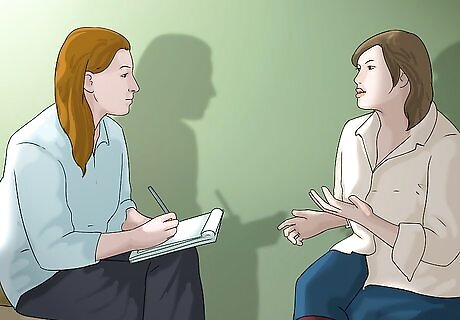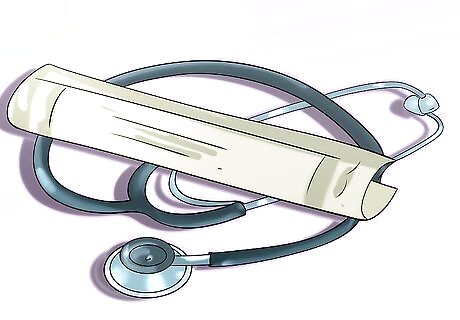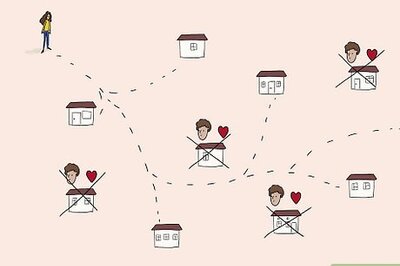
views

Identify your addiction. You will want to seek a counselor who specializes in the substance or activity you are addicted to.

Determine if your health insurance covers addiction treatment. Your insurance company can provide you names of counselors who are covered under your plan. Call the toll-free customer service number listed on your insurance card. You can also visit your insurer's website, where they should list covered providers in each specialty.

Get a referral from a health professional. If you need help dealing with an addiction, ask your doctor for help in finding someone to treat you.

Attend addiction support groups. If you are addicted to alcohol, try going to Alcoholics Anonymous, or Over re-acters Anonymous if you are addicted to food. The people you meet can refer you to a qualified counselor.

Ask for help from your church. If you belong to a church, your pastor or other spiritual counselor can help you find help for your addiction.

Check your local hospital. Most hospitals and health centers have doctors and counselors on staff who help with addiction problems.

Talk to area addiction treatment centers. Many counselors and doctors have privileges at any treatment centers in your area. Even if you are not planning to get help through the center, they might be able to put you in touch with one of their counselors.

Look for local advertisements. Counselors and private practices often advertise their services. Check your local Yellow Pages or other community directory. Look online. Perform an Internet search using your specific addiction and the city or town you live in.

Consult a national organization for a referral. The Academy for Addiction Professionals, for example, has a website that will help you find a counselor in your area. Go to Addictionacademy.com. Click on your state, and you will be given a list of counselors in your area.

Find a counselor who is qualified to treat your addiction. Once you have a selection of addiction counselors, make sure to choose one with the experience and education to help you. Choose a counselor who is licensed or certified in mental health or behavioral health. Look for a degree such as a licensed counselor in social work (LCSW), or a licensed professional counselor (LPC). A good counselor should be a patient, empathetic listener, but they shouldn't take your treatment personally—look for someone who has a healthy level of professional detachment while still making you feel comfortable and valued.




















Comments
0 comment